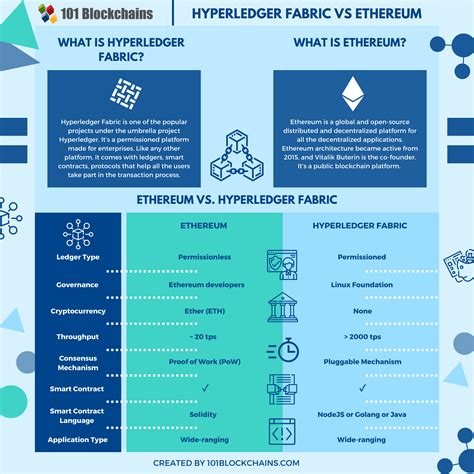Here is an article based on your question:
MQTT Storage on Ethereum: Is it Right for Your IoT Project?
As part of our growing reliance on Internet of Things (IoT) devices, we rely on Message Queue Telemetry Transport (MQTT) to transmit data between sensors and various systems. However, when it comes to storing this data, choosing a protocol can be a bit tricky. In this article, we will explore whether MQTT storage on Ethereum is the right choice for your IoT project.
What is MQTT?
MQTT is a lightweight messaging protocol designed for wireless devices. It is widely used in IoT applications due to its low latency, reliability, and ease of implementation. The protocol uses a combination of TCP/IP and UDP over IPv6/UDP to ensure data delivery and security.
Why Ethereum?
Ethereum (ETH) is an open-source blockchain platform that enables the creation of decentralized applications (dApps). In recent years, Ethereum has gained popularity as a hub for various IoT projects due to:
- Decentralized nature: No single entity controls the network, making it more resilient to censorship and attacks.
- Smart contract functionality: Ethereum allows developers to create smart contracts that can automate transactions and data storage on the blockchain.
- Interoperability with other blockchains: Ethereum allows for seamless integration with other blockchains, such as Binance Smart Chain (BSC) or Solana (SOL).
Storing MQTT data on Ethereum
To store MQTT data on Ethereum, you have two main options:
- MQTT Hub: This is the simplest approach, where a custom MQTT hub is deployed on an Ethereum-based network. The hub collects and encrypts MQTT messages, which are then stored in a secure database or file system.
- Ethereum-based smart contracts: You can also use smart contracts to store MQTT data on the Ethereum blockchain. A simple example would be to implement a contract that listens for incoming MQTT messages and updates an internal state variable with the received data.
Is it better than storing data in a file system?
Storing MQTT data directly in a file system is a simpler approach, but it has some drawbacks:
- Data consistency: Ensuring data consistency across multiple devices can be difficult, especially when dealing with real-time data streams.
- Security risks: File systems are vulnerable to unauthorized access and tampering by malicious actors.
In contrast, Ethereum-based smart contracts offer stronger security features, such as:
- Immutable storage: Data is stored in a tamper-proof database, ensuring that it cannot be modified or deleted without proper authorization.
- Consistency guarantees: Smart contracts can ensure data consistency across multiple devices and systems.
Conclusion
Storing MQTT data on Ethereum is not the right choice for all IoT projects. While it offers several benefits, such as increased security and decentralization, it also introduces additional complexity, such as data consistency and scalability issues. When deciding whether to use an MQTT hub or smart contracts, consider the following factors:
- Data volume: If you are dealing with a large number of devices transmitting small amounts of data, storing it in a file system may be more efficient.
- Device reliability
: If your IoT devices are prone to failure or have limited battery life, smart contract-based storage may offer better resilience.
- Scalability: If you anticipate high traffic on your MQTT hub or need to scale your application quickly, Ethereum-based smart contracts may provide a faster and more scalable solution.
Ultimately, the choice of storing MQTT data on Ethereum depends on your specific use case, device requirements, and security constraints.



